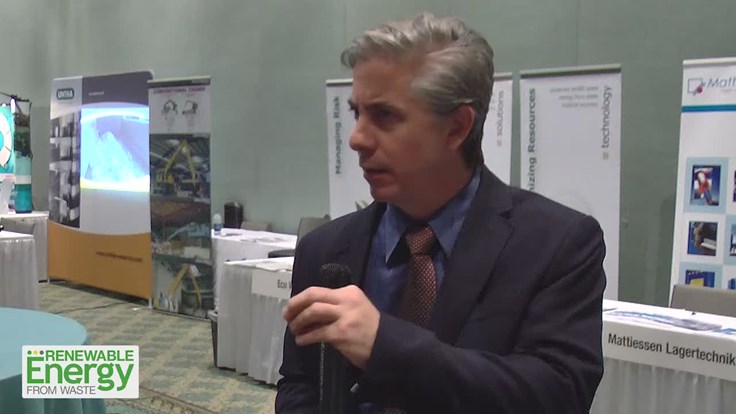The governments of Canada and Quebec will provide $76.5 million in funding to AE Côte-Nord Canada Bioenergy Inc., Ontario, Canada, for the production of renewable fuel oil from forest residues. Canada's Minister of Natural Resources, the Honorable Jim Carr and Laurent Lessard, Quebec's minister of Forests, Wildlife and Parks, made the announcement in Port-Cartier, Quebec.
The Port-Cartier plant is designed to be the first commercial-scale facility of this kind in Quebec. The goal of the project is to convert forest residues into 10,566,882 gallons of renewable fuel oil per year. When upgraded into transportation fuels, this will remove up to 70,000 tons of carbon dioxide-equivalent emissions per year. Production of renewable fuel oil is set to begin in 2017.
The government of Canada is providing $44.5 million for this project, through a $27-million investment from Sustainable Development Technology Canada and $17.5 million from Natural Resources Canada's Investments in Forest Industry Transformation program.
The government of Quebec is contributing $32 million to the project, including $10 million from Investissement Québec. In March 2016, to ensure the fiber supply for the project, the Quebec Ministry of Forests, Wildlife and Parks reserved 170,000 green tons of residues from government forests for the plant.
Through an alliance of three companies—Ensyn Bioenergy Canada, Ottawa, Ontario; Arbec Forest Products, Quebec, Canada; and Rémabec Group, Quebec, Canada—the private sector is demonstrating its substantial involvement with the confirmation of a $27.4 million investment.
The project's renewable fuel oil is a cleaner alternative to conventional fossil fuels; it is designed to reduce greenhouse gas emissions by 70 to 90 percent compared with fossil fuels and has a multitude of uses, including for heating and the production of transportation fuels.




